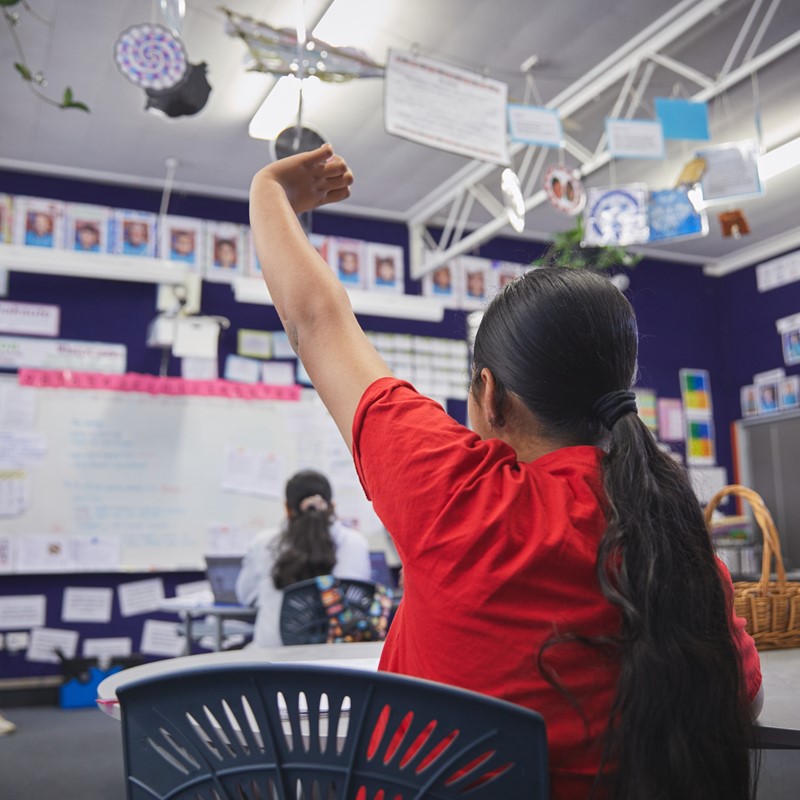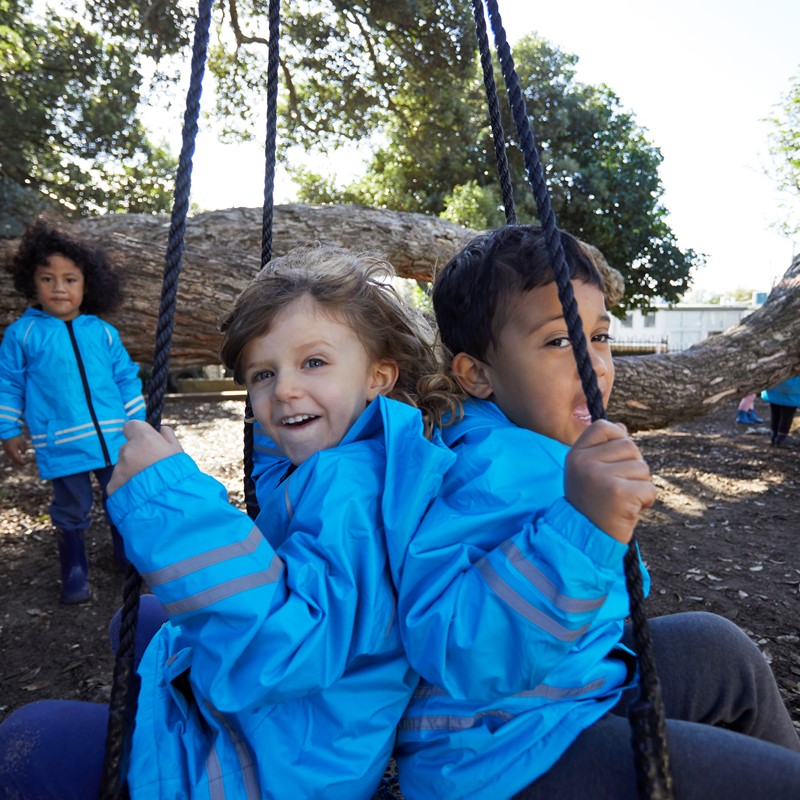KidsCan is a charity dedicated to helping Kiwi kids affected by poverty. We help tamariki experiencing hardship by providing food, jackets, shoes and health products to schools and early childhood centres across New Zealand.
With these essentials, kids can participate in learning and have the opportunity for a better future.
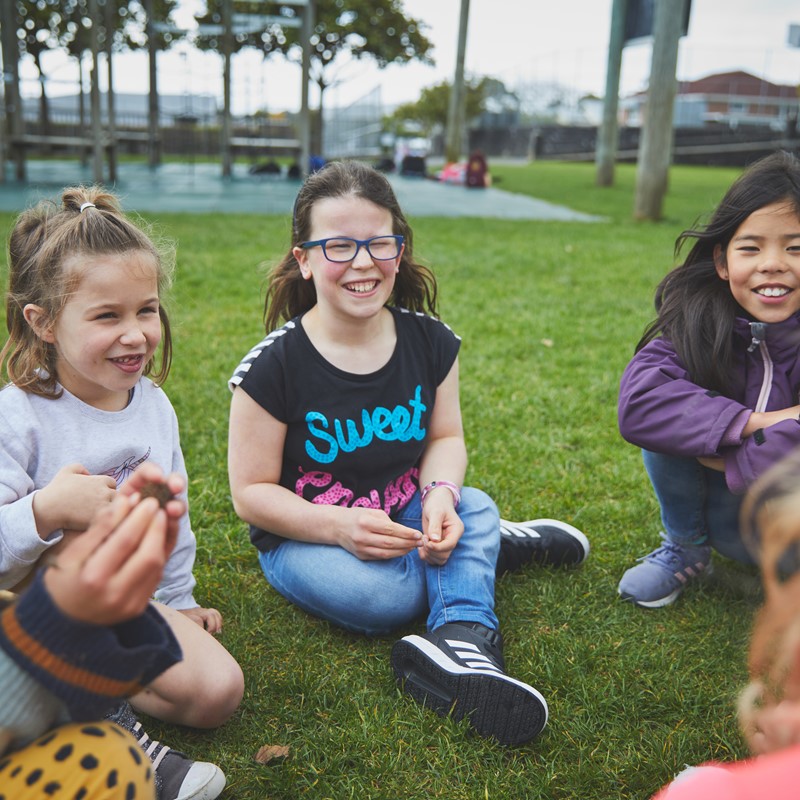
Since KidsCan was founded in a garage in 2005, the organisation has grown to become one of New Zealand’s leading charities dedicated to helping Kiwi kids affected by poverty. In 2023 we supported tamariki in nearly 1100 schools and early childhood education centres, with nearly 6.4 million items of food, clothing and health products being sent from our Auckland warehouse all over New Zealand.
Our partner schools and early childhood centres report that KidsCan support makes a difference to the wellbeing of their students, helping to increase participation and attendance. KidsCan alumni tell us that being warm and dry at school, with a guaranteed meal every day, helped them to learn and achieve their goals.
None of this would be possible without the support of generous Kiwis and our business community, whose donations help ensure no Kiwi kid goes without.
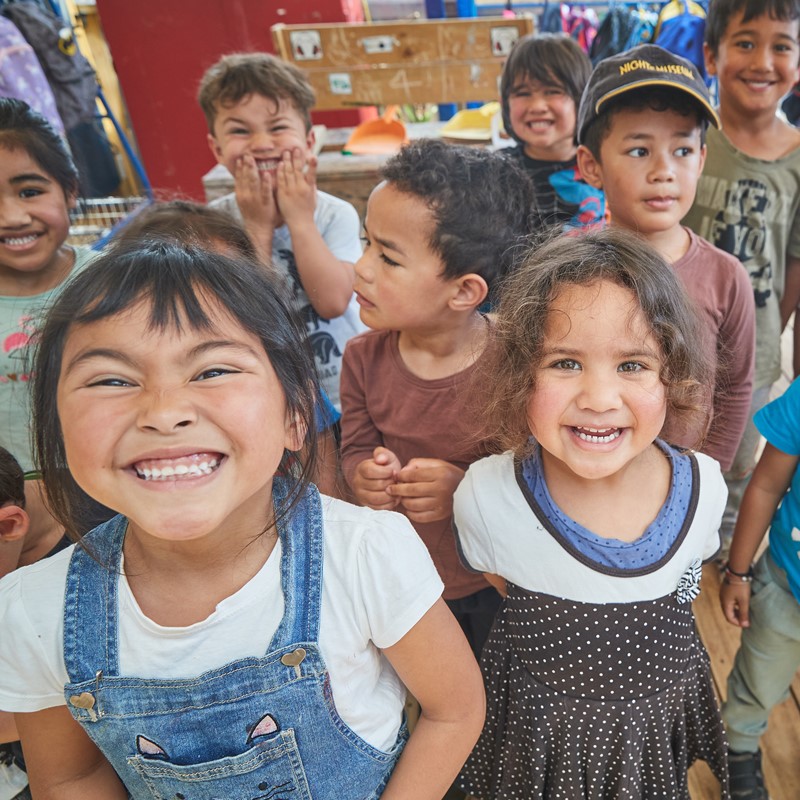
Child poverty is a serious issue in Aotearoa New Zealand, with 1 in 6 of our tamariki living in poverty.
The latest child poverty data from Statistics New Zealand shows that in 2023 there were 36,000 more children living below the poverty line than in the previous year.
Of the nine Department of Statistics measures of child poverty, three have increased since the previous year, and figures show that material hardship has increased. In 2023, 1 in 6 (17.5%) children lived in households with low income after deducting housing costs. For tamariki Māori, it was 1 in 5 (19.8%). For Pacific children, it was 1 in 6 (17.3%).
What do these figures mean?
These children live in households that can’t afford items most people see as essential. It affects their education – it’s hard for them to succeed at school, because they don’t have the basics to get them through big days of learning.
Education makes a difference to future earnings – it's a pathway out of poverty. According to the Ministry of Education, children who leave school with NCEA Level 2 can expect to be earning 200% more, nine years later, than those who left school at the same time, but who had no qualifications. And that’s not even counting NCEA Level 3 – or graduate qualifications.
So, without the basics, children living in hardship are trapped in a cycle of poverty.
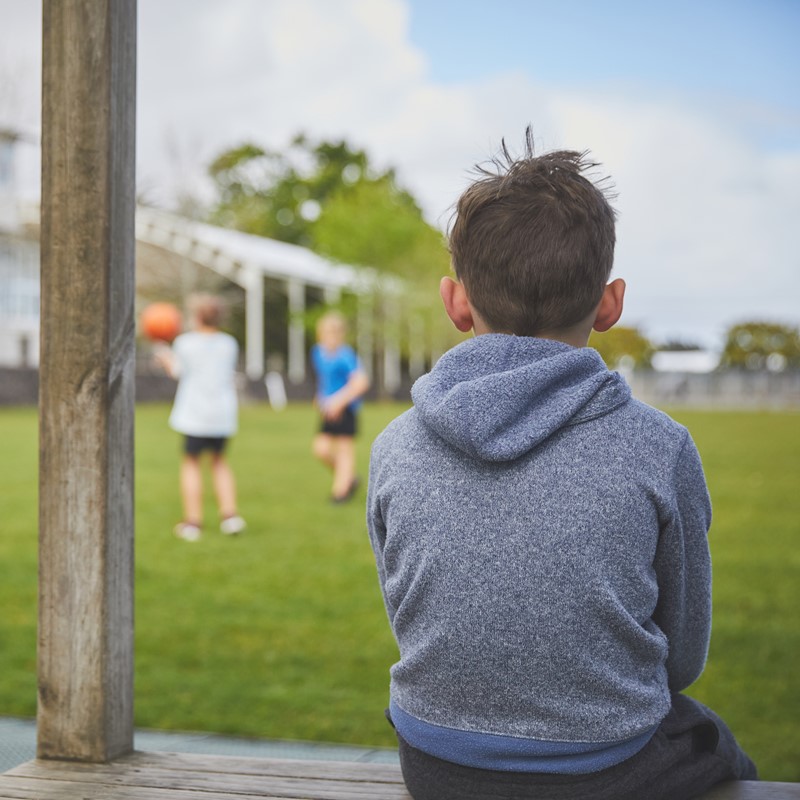
There is a common lack of understanding about families living in poverty and sometimes blame is placed on the parents. People may think parents are in hardship because they are spending money on the wrong things, or they take advantage of the welfare system and don’t have or seek employment.
Here’s what we know from nearly 19 years’ experience of working with families affected by poverty:
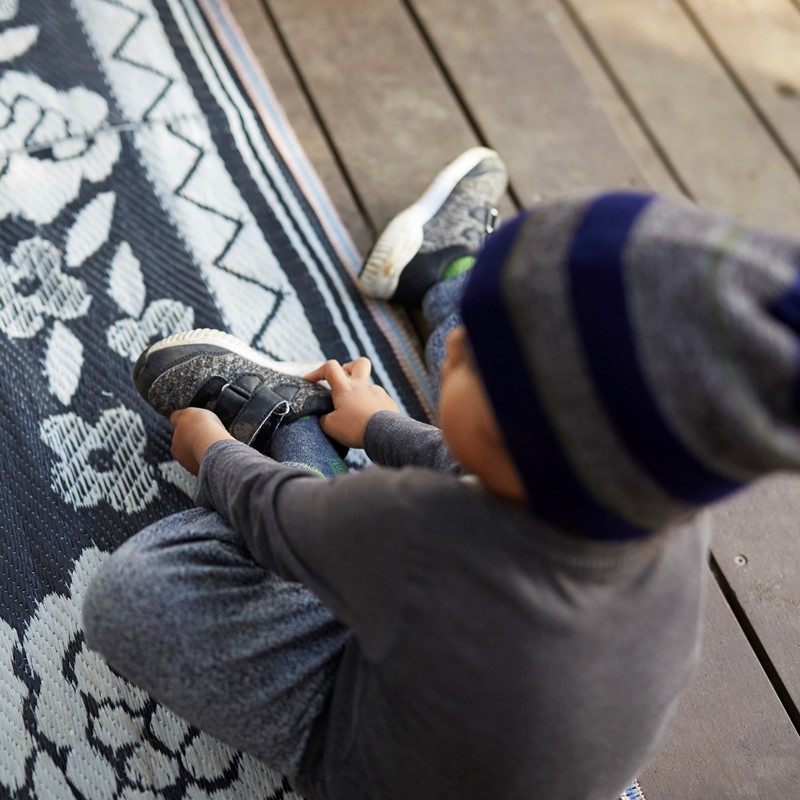
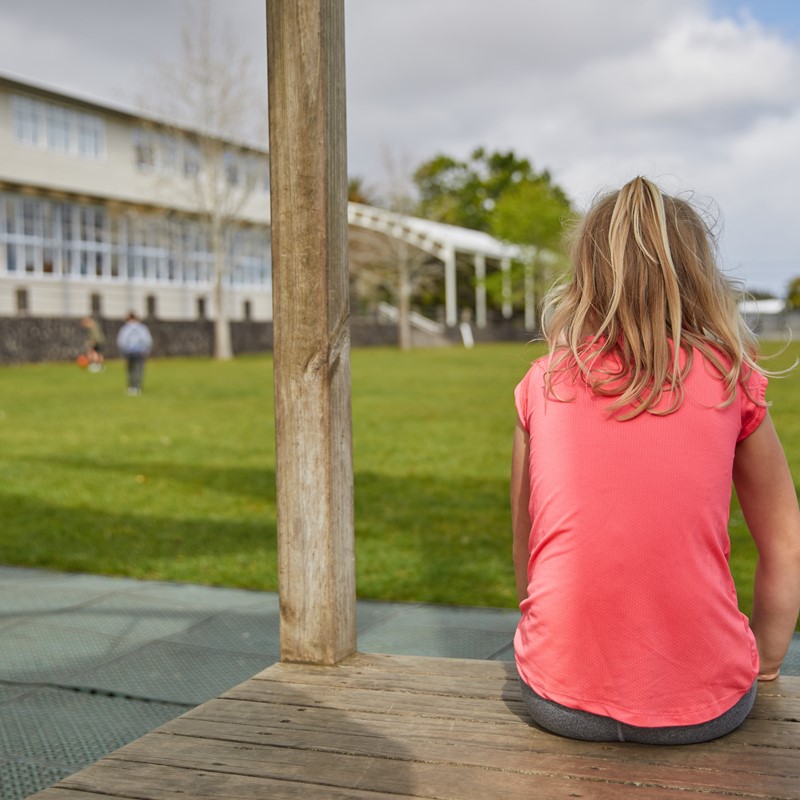
Our mission: KidsCan provides the essentials to Kiwi kids affected by poverty so they can participate in learning and have an opportunity for a better future.
Our vision: A better New Zealand for all Kiwi Kids.
Our values:
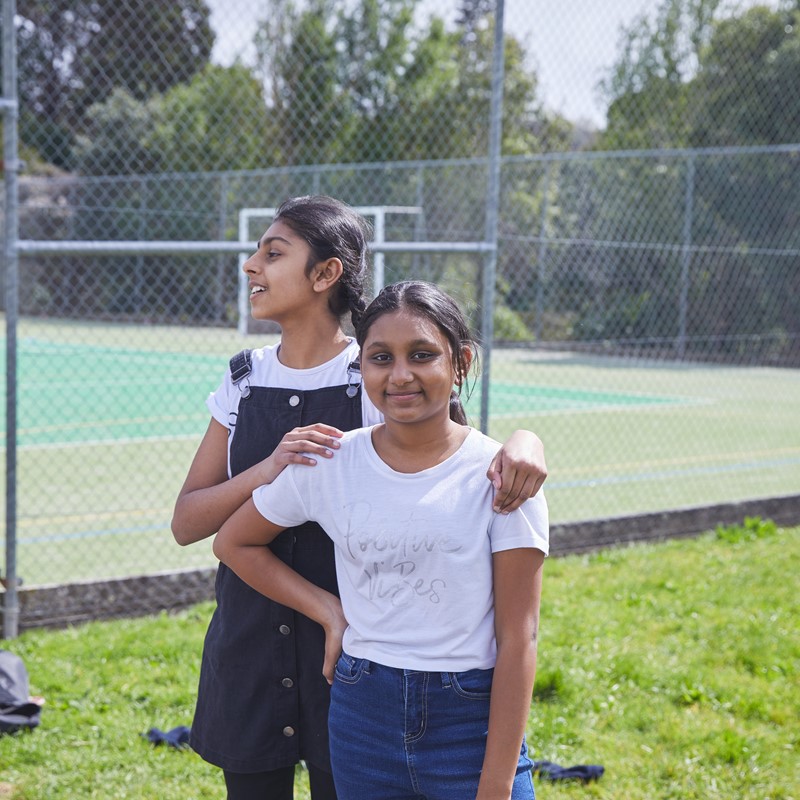
“KidsCan was my saviour when I had four children at primary school. Times were tough and buying four pairs of shoes at the same time was near impossible. You helped us out in such a tough time. I thank you from the bottom of my heart - we well and truly appreciate it.”
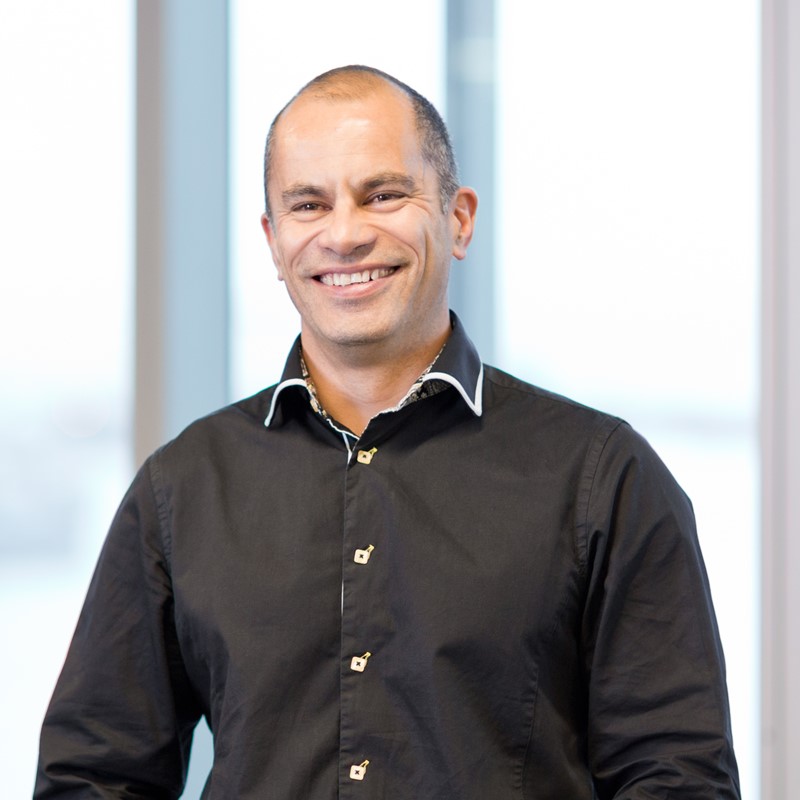

Guy is General Manager of Development for Meridian Energy, with over 30 years’ experience in the electricity sector. He has led a number of Meridian Energy projects to enhance the KidsCan Partnership, from fundraising drives to a surf camp for KidsCan children. Guy joined the KidsCan Board in 2018 and took over from Bill Birnie as Chair at the end of 2021.


Julie is the founder and CEO of KidsCan, which she set up from her own garage in 2005. Concerned about continual media stories about child poverty in her own backyard, and seeing education as key to breaking the cycle, Julie surveyed 80 low decile schools to find out the extent of the problem. The results were shocking and, with a $40,000 grant from the New Zealand Guardian Trust, Julie began distributing the essentials to children in need through their schools.
Julie regularly speaks about leadership and innovation in the not-for-profit sector at business and community forums.
As well as being a tireless advocate for children in need, Julie has a passion for helping animals. She started Pet Refuge using money left to her by her late parents, aiming to remove one of the barriers people face when trying to escape domestic abuse. The shelter gives a temporary home to animals while their owners move to a safe environment and is the first of its kind in New Zealand.
In 2008, Julie was recognised with a Sir Peter Blake Leadership Award, and in 2013 was named Next magazine’s Woman of the Year. In 2015 she was named as a finalist for Kiwibank New Zealander of the Year – the second time her contribution has been recognised by the national award.
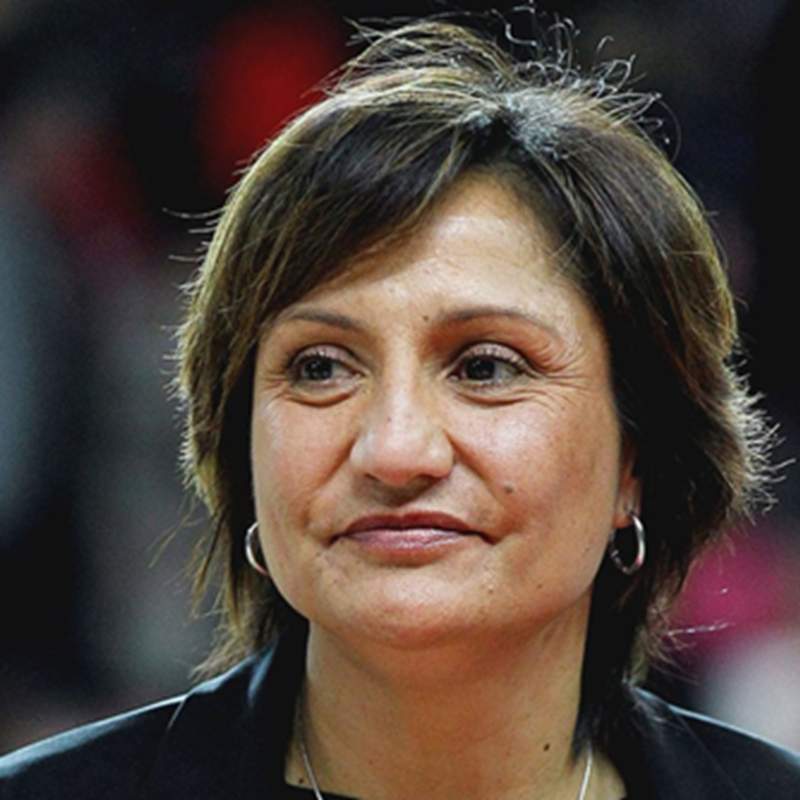

Born in Waipawa, New Zealand, Waimarama attended Canterbury University between 1981 and 1983 graduating with a Bachelor's degree in history. During that time she was also a member of New Zealand's national netball team, the Silver Ferns, her career spanning from 1981 to 1991. She played in the Silver Ferns team that won the 1987 Netball World Championships, and was also captain of the team in the last three years of her international career.
Waimarama has experience in sport management and governance spanning many years and two countries. In 1998 Waimarama was appointed as National Performance Director for All England Netball, and remained in that role until 2003. During that time she was the assistant coach for the England national team in their 2003 Netball World Championships campaign. Whilst resident in the United Kingdom, Waimarama was appointed as one of the Establishment Board members for the English Institute of Sport and was a Board member of the UK Sports Lottery Awards panel.
Returning home in 2003, Waimarama worked for the State Services Commission in the Chief Executive Employment and Development unit. In 2008 she accepted the position of assistant coach for the Silver Ferns, under head coach Ruth Aitken and in October 2011, took over as head coach for the Silver Ferns. In New Zealand Waimarama’s governance roles have extended across a diverse range of interests including The Correspondence School, The Broadcasting Standards Authority, the Alcohol Advisory Council and Sport New Zealand.
Of Ngāti Porou and Ngāi Tahu descent, Waimarama was inducted into the New Zealand Sports Hall of Fame in 1996 and into the Māori Sports Hall of Fame in 2007. For services to sport she was awarded an MBE in 1992 and the ONZM in 2016. Waimarama currently works for Te Wananga o Raukawa Pulse as the High Performance Director.
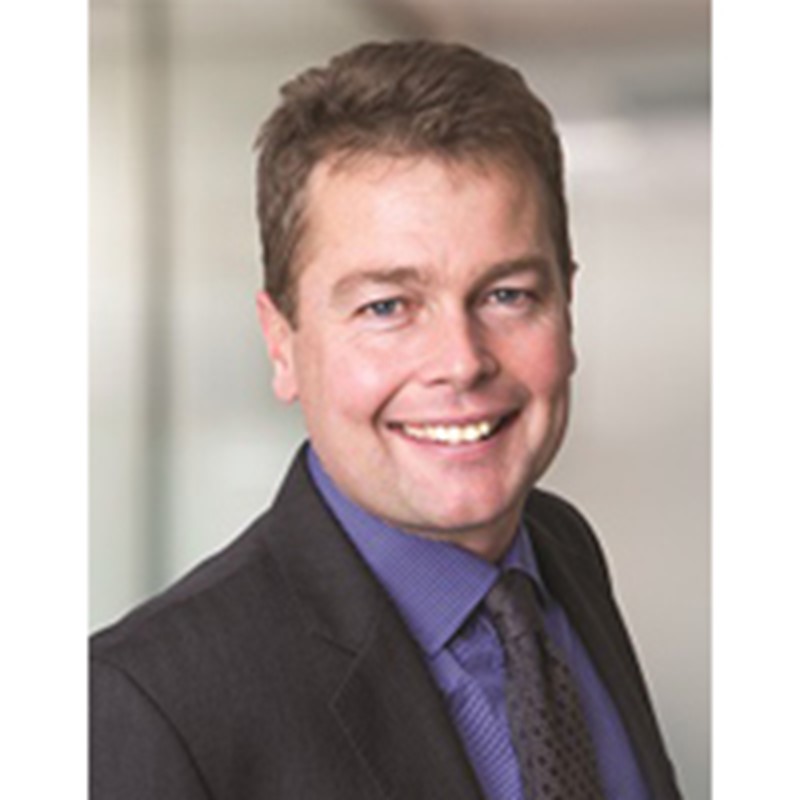

Mark is a Chartered Accountant with over 20 years of corporate, commercial and professional services experience. He holds a Bachelor of Commerce.
Mark has delivered in senior executive positions both in NZ and the UK. He is a member of the Institute of Chartered Accountants of Australia & New Zealand and the New Zealand Institute of Directors. Mark has earned the C.A. qualification from New Zealand Institute of Chartered Accountants in 1996.
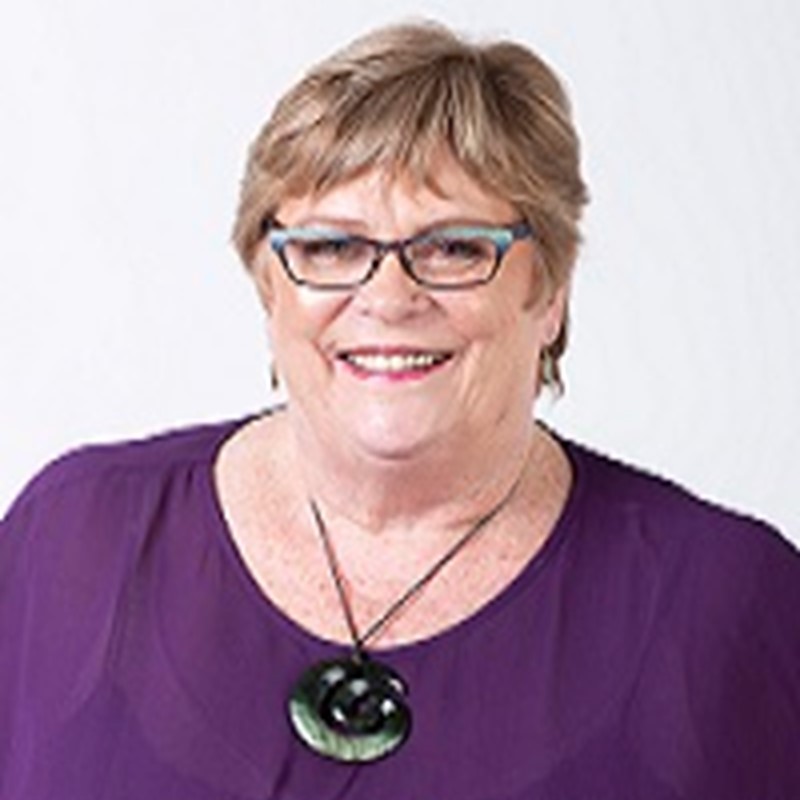

A former sportswoman, Glenda is a National Championship shot put record holder, a Commonwealth Games Representative and holder of four New Zealand powerlifting records. She has worked with the New Zealand Olympic Games Committee and has managed many of New Zealand's top sporting representatives. Glenda spent 18 years in the New Zealand Police department, in a variety of roles including the riot squad during the 1981 Springbok Tour and has a BA with a double major in Sociology and Criminology. Glenda has an incredible ability to deal with people at all levels and to understand what motivates them, and how people function and communicate. She has been a guest lecturer in marketing, communication and managing change at several universities.
She was a member of the New Zealand Parole Board for 9 years, Chair of the New Zealand Racing Board for 7 years, Chair of the Wellington Netball Franchise, and on the Board of Sport Wellington. She is currently Chair of the Pet Refuge, on the Board of Trustees for Tapu te Ranga Marae and on the Board of Trustees for Sky Stadium. In 2016 Glenda became a finalist (Board & Management category) in the prestigious New Zealand Women of Influence programme which aims to identify, recognise and celebrate influential women shaping New Zealand. Glenda is also a newly elected Councilor for Wellington City, Greater Wellington Regional Council.
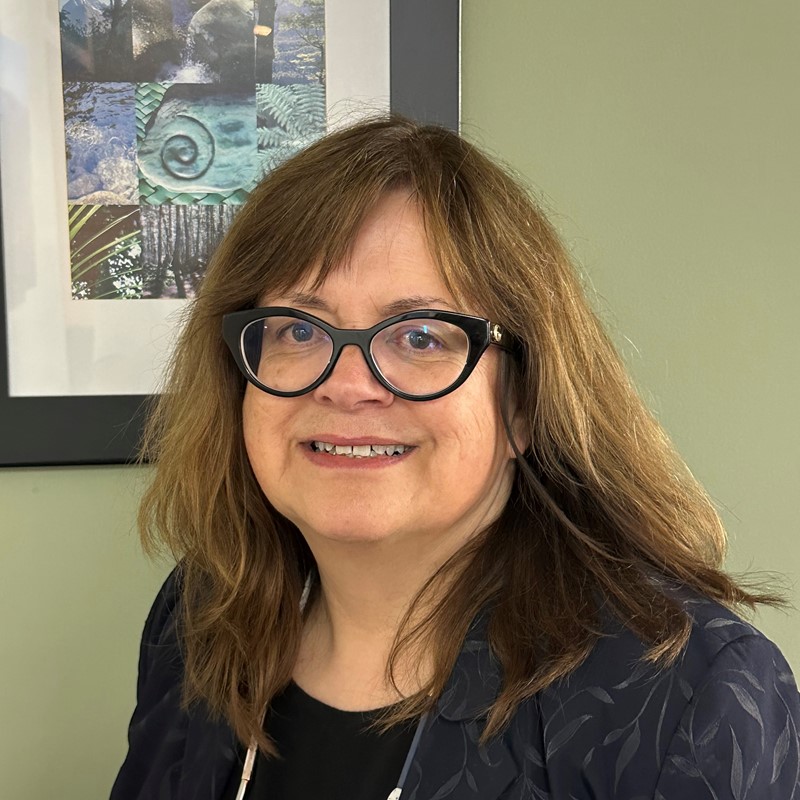

Melanie has been practising law in Lower Hutt since 1988. During this time she has had a wide ranging involvement in the local community, including as a Member and then Chairperson of the Board of Trustees at Petone Central School, as a Director of Atiawa Toa FM, the local iwi radio station and as a board member of the Wellington Community Law Centres. Melanie is passionate advocate for the rights of children and young people and is a Senior Lawyer for child and youth advocate. She is also an accredited specialist family mediator and Family Dispute Resolution Provider. Melanie is a parent of a teenage son and enjoys spending time with him. Melanie is Te Atiawa, Ngati Mutunga and Ngati Tama on her father’s side and of Irish descent on her mother’s. Melanie is proud to be part of the KidsCan Board and being able to contribute in whatever way she is able.
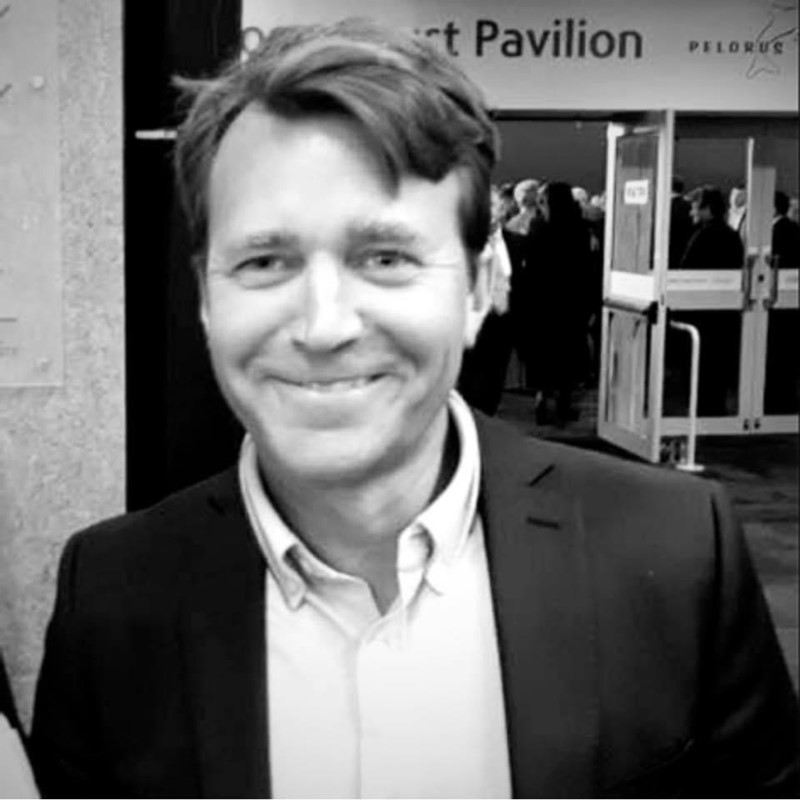

Mark is a retired commercial law firm partner, and “big four” consultancy firm partner now working as an independent consultant in Wellington and around the motu. Mark has focused his practice on working on a pro bono basis for not-for-profit organisations. Mark is committed to achieving good outcomes for people, communities, public and private enterprises through inclusive, transparent and results-focused governance. Mark has a strong background in a range of sectors including education, energy and resources, infrastructure, the arts, faith-based organisations, sports and technology. Mark is based in Te Whanganui-a-Tara - Wellington with his wife and two sons.
We believe in running a transparent organisation so you can have confidence in supporting KidsCan and the important work we do.
Our Annual Reports detail where your donations and our funding goes, along with our achievements, and our plans to achieve our vision of a better New Zealand for all Kiwi kids.
